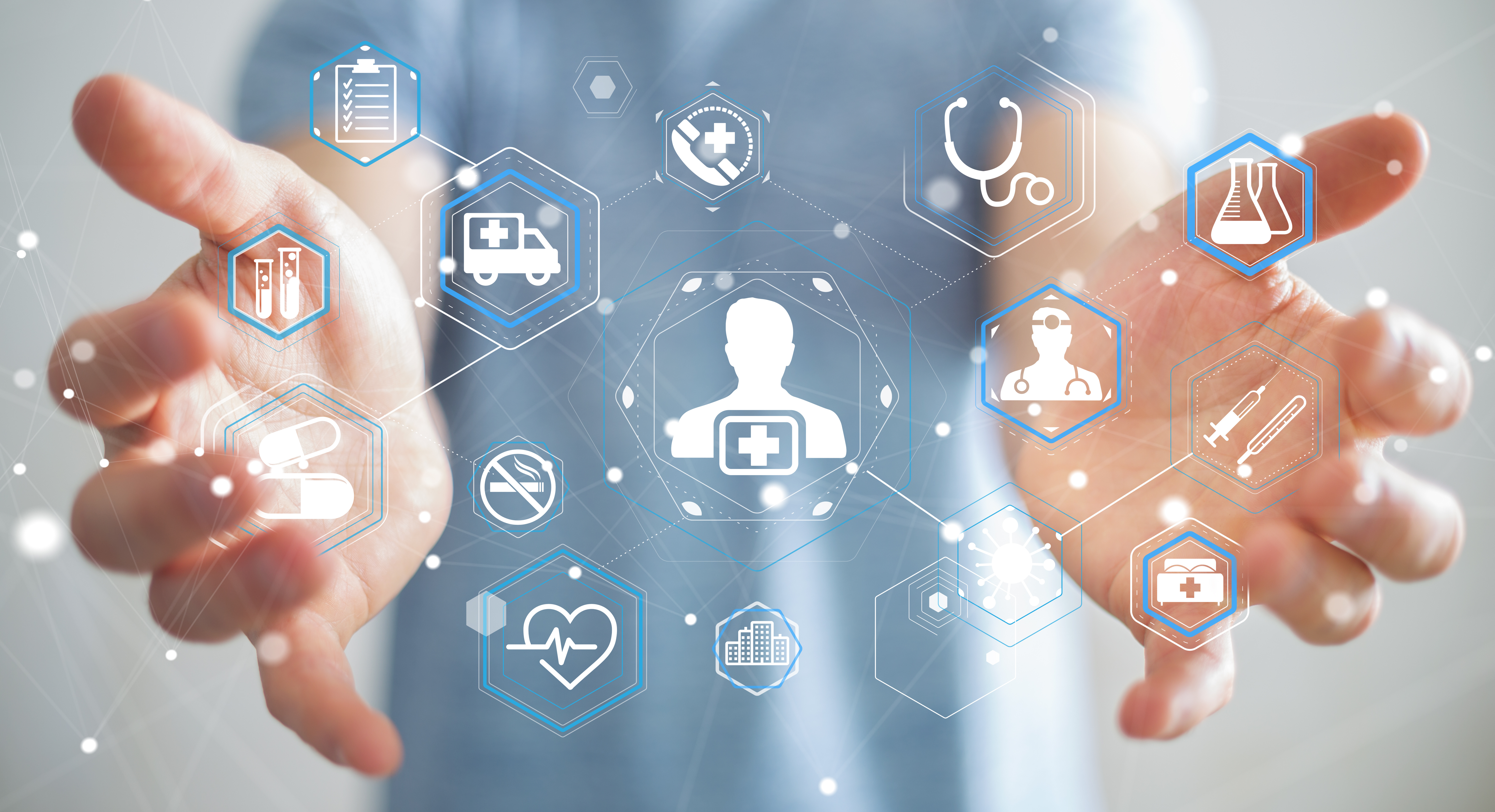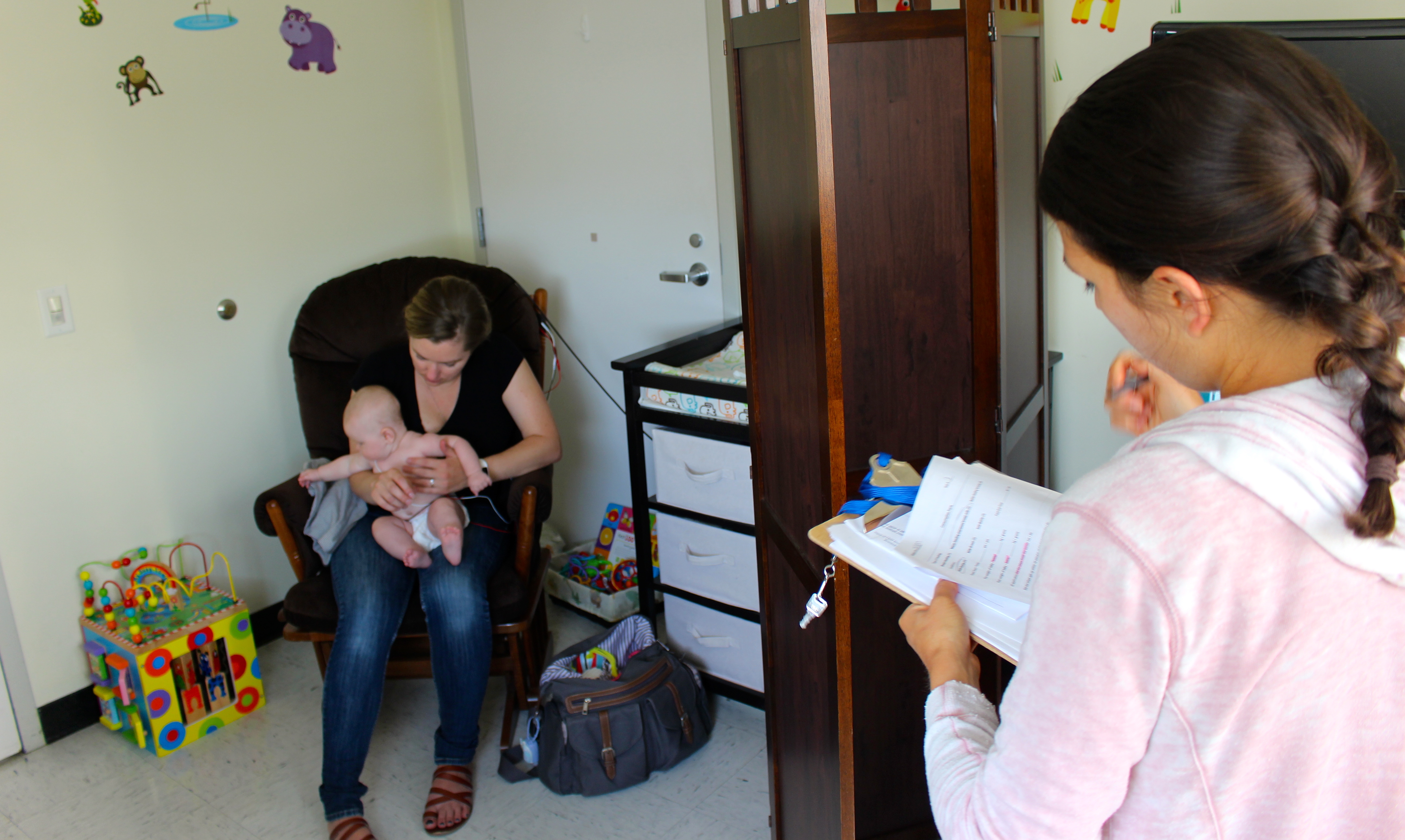Resources
Core Methodologies & Activities
Explore the primary research methods and applied activities our investigators use to advance health research across campus and beyond.
CHR Indirect Cost Return Policy
Learn how routing eligible grants through CHR supports your project and provides annual indirect cost returns that provide additional funds for your research.
Research Tools & Measurement Resources
Access validated coding schemes, questionnaires, intervention materials, and methodological resources developed by CHR investigators and available for use in research and practice.
Principal Investigator and Staff Resources
Quick-reference materials that help PIs and project staff navigate hiring, budgeting, and day-to-day project operations. Access limited to CHR Affiliates, Students, and Staff.



